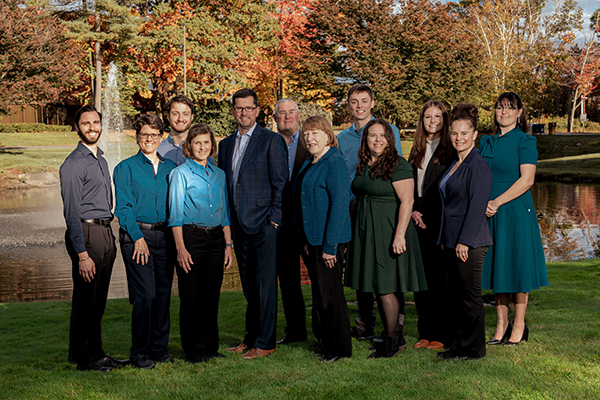SAVING FOR COLLEGE
Start Early And Save Consistently.
How much should you be saving now to pay for all or a part of your children’s college education? What sort of strategies can you use to minimize the cost? What type of account should you use for college savings? 529 plan, custodial account, education IRA or in the parents’ names? Our advisors can also help you with creative ways to obtain a college degree that is affordable.
